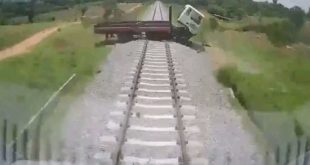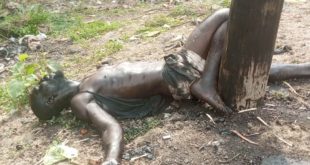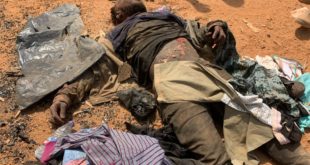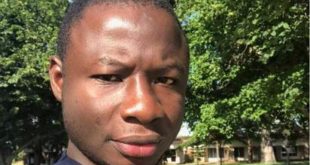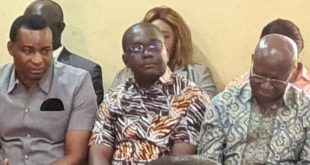The African Court on Human and Peoples’ Right (ACHPR) based in Arusha, Tanzania, has dismissed a case brought before it by businessman Alfred Agbesi Woyome to halt the sale of his properties meant to offset the GH¢46 million he owes Ghana.
In a unanimous decision held by a 10-member panel of the court, it dismissed a review application filed by Mr. Woyome on the basis that he failed to introduce any convincing new evidence which was the legal requirement for review under Rule 67 of the ACHPR Rules.
Review application
On March 4, 2020, this year, Woyome filed the review application urging the court to depart from its previous decision delivered against him on June 28, 2019.
Woyome argued then that Ghana had discriminated against him during legal proceedings to retrieve the GH¢46 million he had received unlawfully as judgment debt paid to him by the government.
According to Mr. Woyome, the apex court in Ghana had unfairly treated him and violated his rights to non-discrimination during proceedings which culminated in him being ordered by the apex court of Ghana to refund the judgment debt.
His case was, however, dismissed by the ACHPR on the basis that Ghana treated him fairly and equally before the law during those legal proceedings.
The court held that there were no violation of his rights under the African Human Rights Charter.
Apart from the review application, the businessman, Mr. Woyome also filed an application for provisional measure urging the court to halt the auctioning of his properties in Ghana until the final determination of his review application.
No new evidence
Explaining the reasons for dismissing the review application, the ACHPR said Mr Woyome produced a contract between Ghana and a company for the construction of stadiums for CAN 2008 as new evidence.
However, the ACHPR held that the supposed new evidence introduced by Mr Woyome had no bearing on the court’s previous judgment which was the subject matter of the review application.
“In light of the foregoing, the court finds that the supporting document adduced does not constitute new evidence which was not within the knowledge of the applicant (Woyome) at the time the initial judgment was delivered.
“Therefore, the court dismisses the application for review and declares it inadmissible. Having found the application for review inadmissible, the request for provisional measures become moot,” the court held.
Legal setbacks
Mr. Woyome has suffered many legal setbacks in his quest to stop the enforcement of the Supreme Court’s judgment for him to refund the judgment debt unlawfully paid to him.
Led by a Deputy Attorney-General, Mr. Godfred Yeboah Dame, the State has successfully defended against any legal attempt by the businessman to ‘frustrate’ the enforcement of the judgment for him to refund the money.
Recently, the Supreme Court dismissed Mr. Woyome’s application to pay the money in installments. The court held that Mr. Woyome had failed in the past to honour previous agreements for him to pay the money in installment.
Background
The Supreme Court, on July 29, 2014, ordered Mr. Woyome to refund GH¢51.2 million to the state on grounds that he got the money out of unconstitutional and invalid contracts between the state and Waterville Holdings Limited in 2006 for the construction of stadia for CAN 2008.
It was the view of the court that the contracts upon which Mr Woyome made and received the claim were in contravention of Article 181 (5) of the 1992 Constitution of Ghana, which required such contracts to be laid before and approved by Parliament.
The case leading to the Supreme Court decision was initiated by Mr Martin Amidu, the current Special Prosecutor, in his capacity as a citizen of Ghana.
On March 1, 2016, Mr Woyome prayed the court to give him three years to pay back the money but the court declined to grant his wish.
He, however, refunded GH¢4 million in November 2016 and an additional GH¢600,000 and promised to pay the outstanding balance by quarterly installments of GH¢5 million, commencing April 1, 2017.
That did not materialise after the businessman initiated a litany of legal cases at the Supreme Court challenging the decision for him to pay the money or efforts to execute the judgment, all of which were dismissed.
 The Spot Of Latest Trending News And Leaks Log On For Latest Political News, Health Related Issues And More
The Spot Of Latest Trending News And Leaks Log On For Latest Political News, Health Related Issues And More
